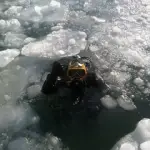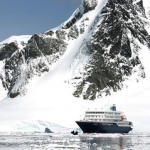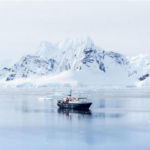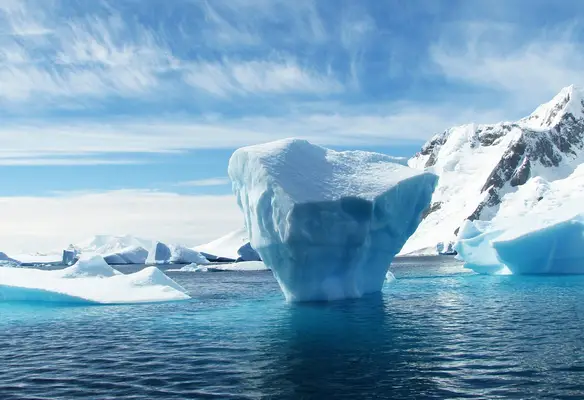
If you are looking into if you can scuba dive in Antarctica, which is one of the most remote places on the planet. It’s like no other and remains largely unexplored. Antarctica is also the most southern, driest and coldest continents on earth. Let’s take a look…
Can you scuba dive in Antarctica? You can scuba dive in Antarctica if you are brave enough to embrace the cold pristine clear waters. To dive one of the richest bio-diverse ecosystems on the planet you’ll need prior experience of cold-water diving and to have drysuit diving experience. It’s not for beginners and a minimum of 30 dives are recommended.
The best way to dive the Antarctica is by a scuba diving liveaboard. You can check the latest and best deals on Antarctica liveaboards using Liveaboard.com below, which opens in a new window:
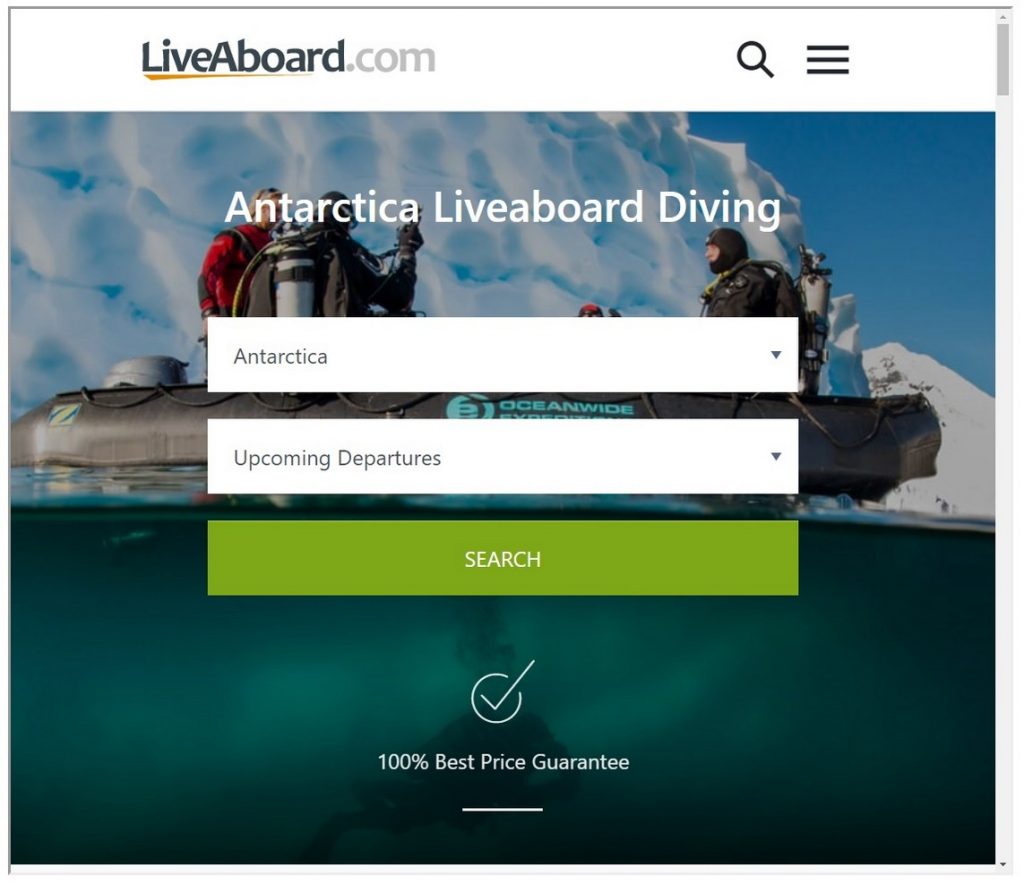
Can you scuba dive in Antarctica in more detail?
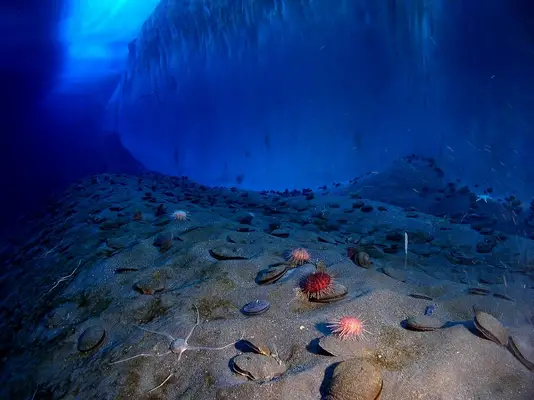
The simple answer is yes you can scuba dive in Antarctica. But before you pack your bags to get on a flight to this southern continent, make sure you have the right diving certification and experience.
What scuba diving certification and experience do you need to dive Antarctica? Let’s also answer this question.
More Reading: Antarctica Ortelius liveaboard review (Antarctica cruise with scuba diving)
Scuba diving certification and experience you need to dive Antarctica
To scuba dive Antarctica you need the following requisites first:
- Cold water diving experience: Diving in cold water is not the same as diving in warm water, which may seem obvious, but until you experienced diving into icy water, you don’t know what to expect. You don’t want this first experience to be when you’re in Antarctica that’s for sure.
- Drysuit diving experience: Diving in a drysuit vs diving in a wetsuit is totally different. You need to have completed the necessary training to know how to dive using a dry suit, as well as gaining the experience on a few drysuit dives too. Not least understanding buoyancy control using a dry suit and drysuit squeeze too.
- 30 complete dives: I would recommend 30 completed dives before you attempt to go diving in Antarctica, although some say 20 dives. Cold water diving and diving under the ice requires confidence in what you are doing, which is my reason for advising on 30 dives minimum, which includes your cold water diving. Plus remember, in Antarctica there are no decompression chambers close-by, so you can’t afford to risk getting decompression sickness!
What wildlife can you expect to see scuba diving Antarctica?
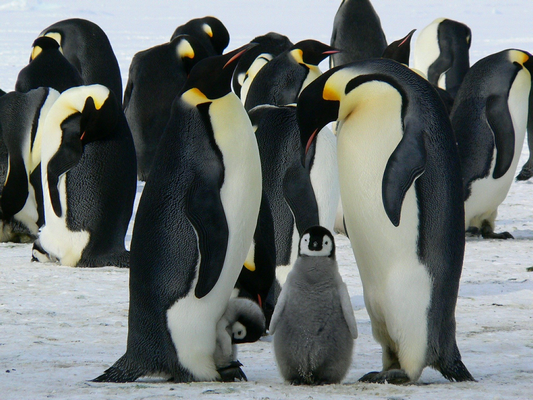
Diving under the ice is not just about what creatures you might see. It’s also about the beauty of the ice formations and about how the light hits the ice to create wonderful arrays of blue light.
But then it is also about the creatures you’ll experience both underwater and above the water. Scuba diving Antarctica you can see wildlife such as whales, seals, penguins and thousands of birds.
Additionally, underwater creatures include fish, crabs, jelly fish, starfish, thousands of krill or whale food, sea snails, sea urchins, soft corals, anemones, sea butterflies and giant Antarctic isopods.
The types of whale you may see include the Southern Right Whale, Sei Whale, Humpback whales, Antarctic Minke Whales, Fin Whales, Sperm Whales, Killer or Orca Whales, and the Antarctic Narwhal.
The types of seal you may see in Antarctica include the Leopard Seal, Crabeater Seals, the Southern Elephant Seal, the Southern Fur Seal and Weddell Seals.
Then there’s everyone’s favourite, the penguin. There are also many species of penguin in the Antarctic which include Gentoo penguins, Chinstrap penguin, Adelie penguin, King penguins and Emperor penguins.
Can you stay overnight in Antarctica?
One way that you can stay overnight in Antarctica is to fly to the Geographic South Pole. Then spend the night at the World’s Southernmost Resort. This is an exclusive opportunity to camp overnight and wake up at 90° S.
It would be pretty cool to be use just a few steps and walk yourself around the world at the point where below your feet all 360 lines of longitude meet.
However, if it’s not your intention to hike across Antarctica to get to the South Pole itself, but is to scuba dive Antarctica instead, you are better off getting yourself on a dive liveaboard.
However, to scuba dive from an Antarctic liveaboard you will need your own diving equipment. A list can be found in the article below if you’re interested to take the next step. However, be aware that scuba diving in Antarctica is expensive, but will be a trip of a lifetime!
More Reading: Antarctica Hondius liveaboard review (Antarctica cruise with scuba diving)
I hope you enjoyed this article about can you scuba dive in Antarctica
I’d love to hear from you. Tell us about your adventures of diving and snorkelling. Please use the comments section below. Please also share your photos. Either from your underwater cameras or videos from your waterproof go-pro’s!
If this article hasn’t answered all of your questions. If you have more questions either about snorkelling or scuba diving (or specifically about can you scuba dive in Antarctica), please comment below with your questions.
There will also be many more articles about scuba and scuba diving safety tips (and on snorkelling too) for you to read and learn about this fabulous sport.
Have fun and be safe!

